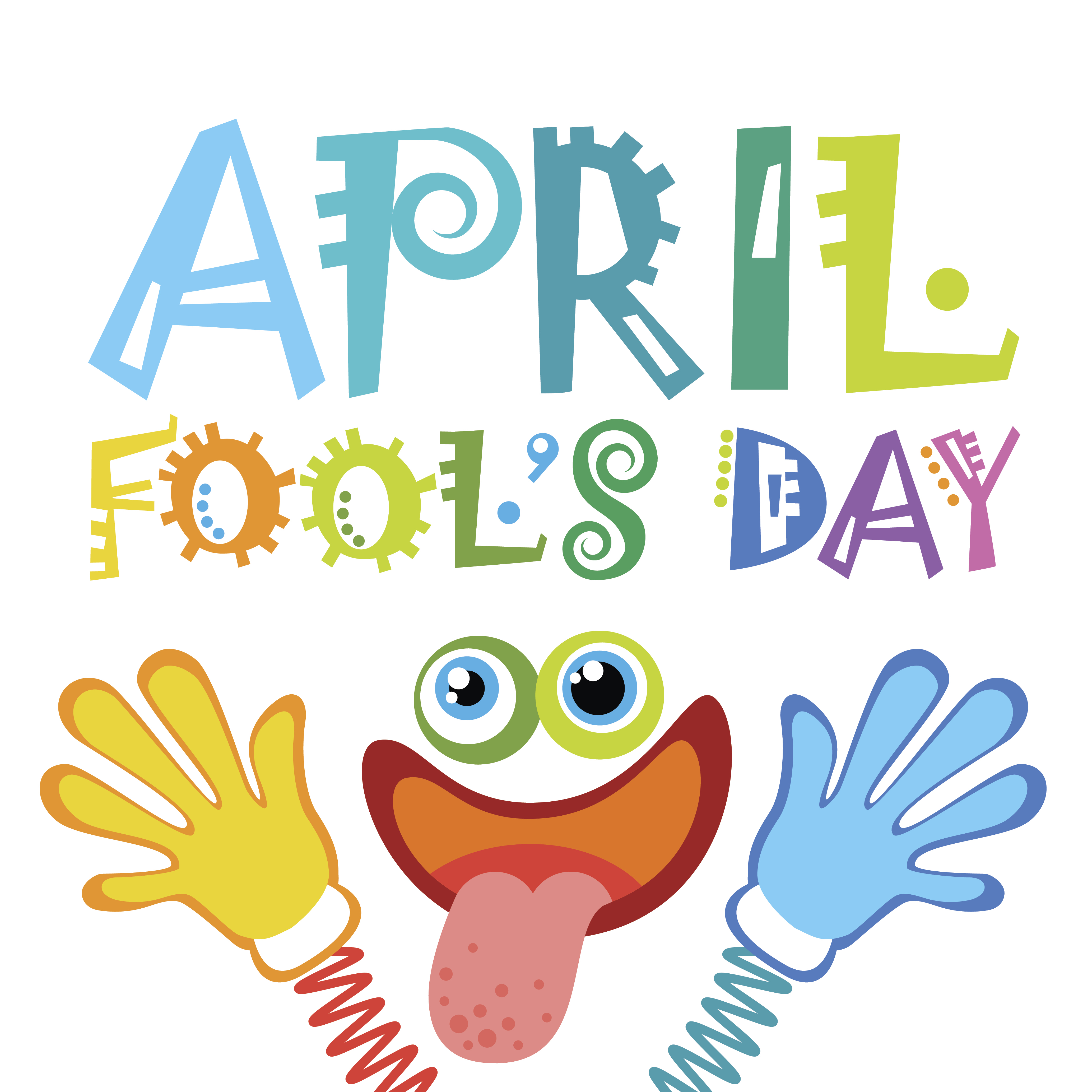[Mar] Ask Us About Korea: Do Koreans celebrate April Fools’ Day
Date Mar 27, 2022
 gettyimagesbank
gettyimagesbank
Although Europe is recognized as the origin of April 1 as a day for practical jokes, April Fools’ Day has certainly caught on in Korea.
Known here as Manujeol, it is most commonly celebrated in classrooms – based on stories shared. And most of the pranks pulled are harmless… usually. Unfortunately, the COVID-19 pandemic has made the day much more subdued over the past few years.
Typically, classmates will team up for lighthearted gags, such as turning their desks a certain way – backwards, to the left, even on their sides – before the teacher arrives. Or rather than turning their desks, in one classic prank the students put their uniforms on backwards and then sit backwards so their faces appear to be covered by hair. University freshmen may also wear their old high school uniforms to campus. Countless variants of these jokes doubtlessly exist. However, they appear to have faded away since 2020 due to the pandemic.
K-pop idols have also been known to celebrate the day, taking the opportunity to step outside of their usual stage personas to have some fun on social media. Fans of Gugudan checking in on their favorite girl group via Twitter in 2017 were surprised to see that the group had become a math club. (Gugudan is Korean for “multiplication table.”) Girl group Twice also pulled a gotcha on their fans the same year, announcing a new song with a link leading back to their 2015 debut song “Like Ooh-Ahh,” and Mamamoo changed their official profile to “Beggar, 59” and asked viewers for spare change. Jaejoong, of the boy band JYJ and formerly of TVXQ, went too far in 2020 when he claimed to have contracted COVID-19, issuing an apology shortly after.
Companies sometimes get in on the festivities but have learned to be careful. One of the country’s major cinema chains gained notoriety for its April Fools’ promotional campaigns, offering discounts for customers showing up in costumes. Many actually came dressed like superheroes, soldiers and horror movie monsters – frightening some children in the process. In 2018, the same company got in even more trouble by challenging customers to show up “pretending” to be foreigners – with a poster showing people in traditional Mongolian, Indian and Scottish costumes, as well as an actual grey alien. There was considerable backlash, and some wondered if actual foreign residents would receive the discount just for showing up.
In the era of “fake news,” media organizations have been cautious about spreading hoaxes as April Fools’ Day jokes. But one prank that keeps coming back year after year since 2001 is the tale of a serious-sounding rock slide at Seoraksan Mountain on the country’s east coast. Each year without fail, a rumor spreads that “Wobbling Rock,” a large boulder in the surrounding national park, was pushed over and rolled down the mountain. This has even led to the Park Service releasing official announcements that the rock, which can only be moved a couple centimeters, was still in place.
In 2013, one government-run website posted an April Fools’ Day joke, claiming that Seoul, in light of the viral success of “Gangnam Style,” was going to change its name to Gangnam. “Now we will have the greatest anthem on the planet!” announced Seoul’s Deputy Mayor Hong Gil-dong – an obviously fake name as it is that of a popular folk hero. April 1 has been largely quiet since pranks started to meet swift backlashes in 2020. Should the mirth of April Fools’ Day return this year, it may be a welcome indicator of progress in overcoming the pandemic.
**“Ask Us about Korea” is a Q&A section about Korea and Korean culture. If you have any relevant questions, please send us an email (KOCIS@korea.kr). We’ll choose one of the questions sent by our readers and answer it in this section.**

The Ministry of Culture, Sports and Tourism's "Korea Here & Now" work can be used under the condition of "Public Nuri Type 1 (Source Indication)."




